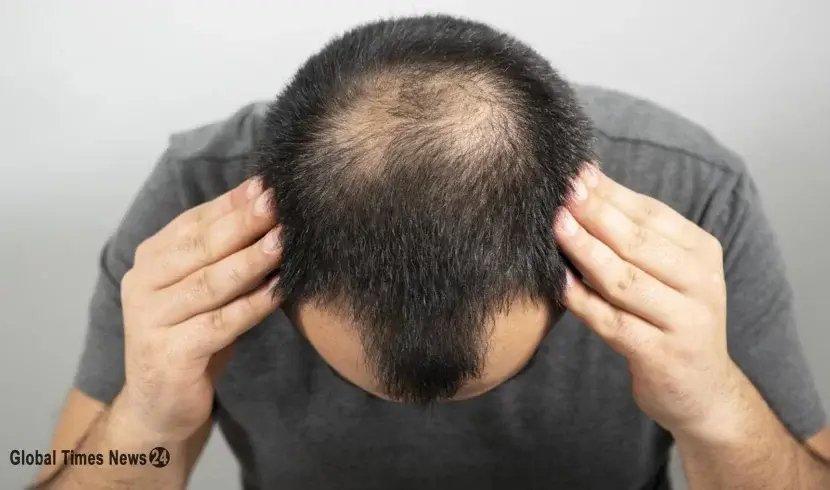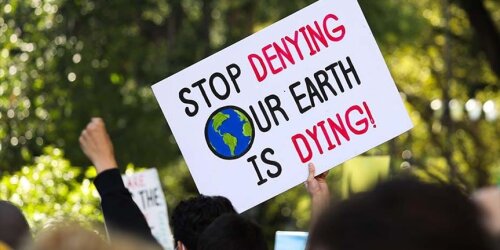More than 18,000 monkeypox cases and five deaths have been recorded in 78 countries, with more than 70% infections in Europe and 25% in the Americas, the World Health Organization said on Wednesday.
About 10% of the cases required hospitalization “to manage the pain caused by the disease,” Tedros Ghebreyesus WHO chief said in a webinar on COVID-19 and monkeypox.
“This is an outbreak that can be stopped if countries, communities, and individuals inform themselves, take the risks seriously, and take the steps needed to stop transmission and protect vulnerable groups,” he said.
The WHO declared the ongoing monkeypox outbreak a global health emergency last Saturday.
“Although 98% of cases so far are among men who have sex with men, anyone exposed can get monkeypox, which is why WHO recommends that countries take action to reduce the risk of transmission to other vulnerable groups, including children, pregnant women, and those who are immunosuppressed,” said Tedros.
He warned that stigma and discrimination “can be as dangerous as any virus and can fuel the monkeypox outbreak.”
“As we have seen with COVID-19, misinformation and disinformation can spread rapidly online, so we call on social media platforms, tech companies, and news organizations to work with us to prevent and counter harmful information,” he said.
In addition to transmission through sexual activity, monkeypox can be spread in households through close contact between people, such as hugging and kissing, and contaminated towels or bedding, he explained.
Tedros said the WHO recommends targeted vaccination for those exposed to someone with monkeypox and other people at high risk of exposure, such as some laboratory workers and those with multiple sexual partners.
“At this time, we do not recommend mass vaccination against monkeypox,” he said.
One smallpox vaccine, MVA-BN, has been approved in Canada, the US and European Union for use against monkeypox.
Two other vaccines, LC16 and ACAM2000, are also being considered, according to the WHO.
News ID : 1048
 9 Healthiest Foods with No Carbs & No Sugar
Health / Breaking News
9 Healthiest Foods with No Carbs & No Sugar
Health / Breaking News
 20 Benefits of Walking Every Day
Health
20 Benefits of Walking Every Day
Health
 The Hidden Signs of Folate Deficiency: A Guide to Prevention and Treatment
Health / Breaking News
The Hidden Signs of Folate Deficiency: A Guide to Prevention and Treatment
Health / Breaking News
 7 Reasons Why BMI Is Not an Accurate Predictor of Health
Health / Breaking News
7 Reasons Why BMI Is Not an Accurate Predictor of Health
Health / Breaking News
 How come some people go bald?!
Health / Breaking News
How come some people go bald?!
Health / Breaking News
 WHO declares monkeypox a global health emergency
Health / Breaking News
WHO declares monkeypox a global health emergency
Health / Breaking News
 Despite Biden's vows, Yemen starves
Human Rights
Despite Biden's vows, Yemen starves
Human Rights
 How the FAA went to war against 5G
Technology
How the FAA went to war against 5G
Technology
 WHO: COVID deaths dropping globally, but new omicron sub-variants rising in S.Africa
Health
WHO: COVID deaths dropping globally, but new omicron sub-variants rising in S.Africa
Health
 Global climate strikes, environmental protests in 2021
World
Global climate strikes, environmental protests in 2021
World